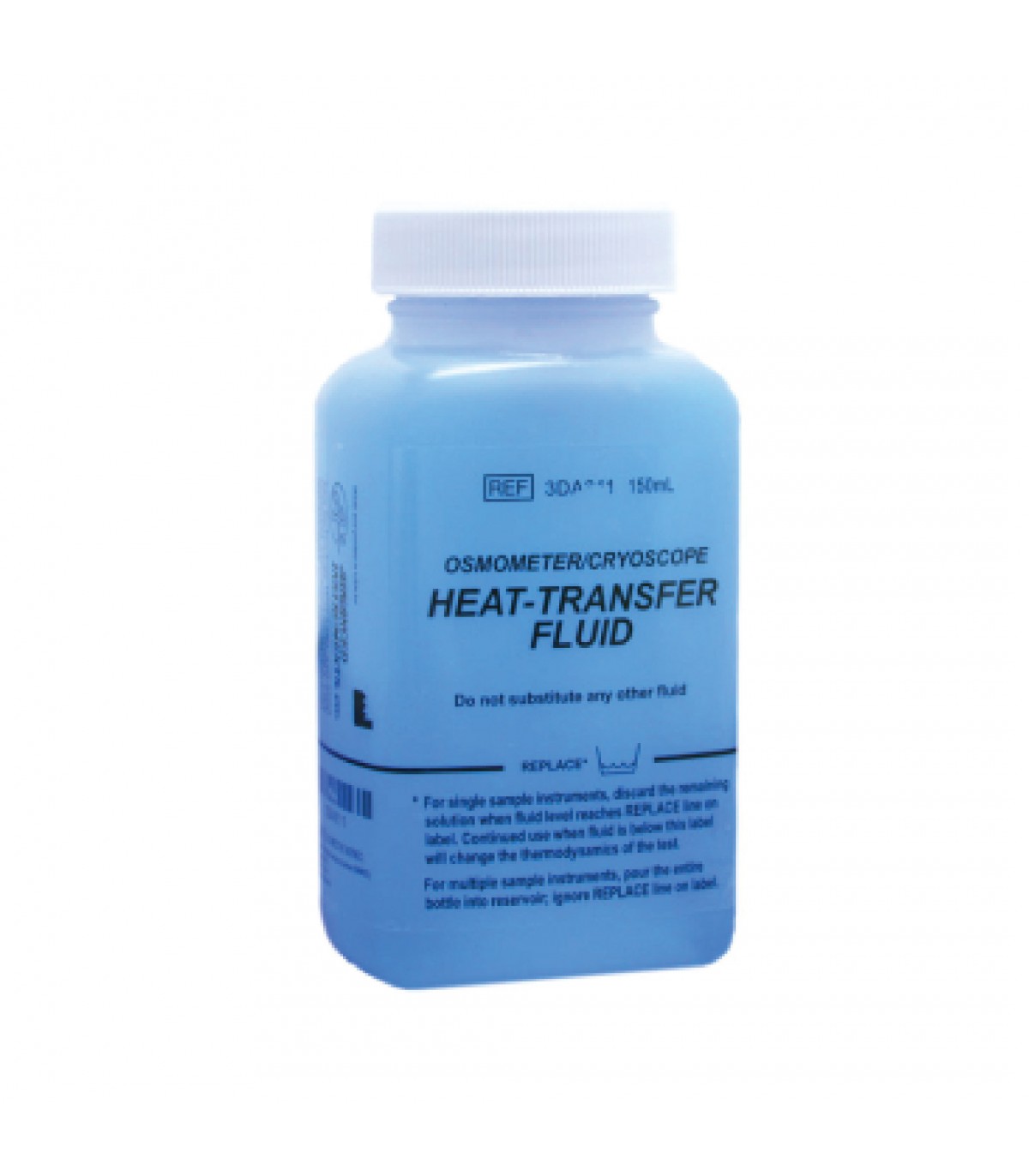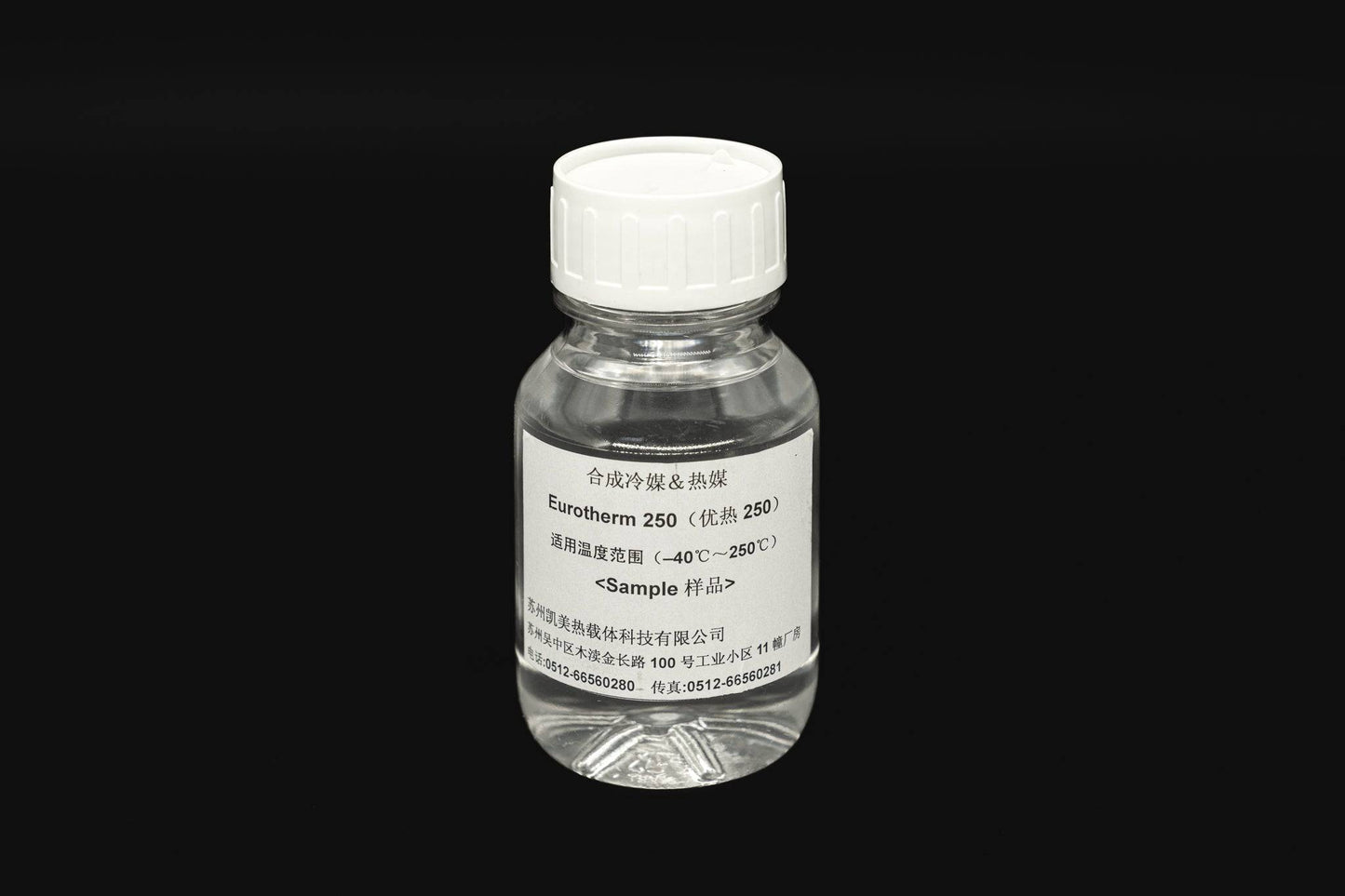Trick Advantages of Using a High-Performance Heat Transfer Fluid
Exactly How Warmth Transfer Fluid Contributes to Lasting and Cost-efficient Procedures
In the modern industrial landscape, the duty of warmth transfer liquids (HTFs) in promoting sustainable and inexpensive procedures can not be overemphasized. These fluids are pivotal in maximizing thermal monitoring systems, thereby dramatically improving energy performance and decreasing operational expenses. heat transfer fluid. The environmental advantages of sophisticated HTFs, with their high thermal stability and reduced toxicity, are undeniable.
Recognizing Warm Transfer Liquids
In the realm of thermal administration, warmth transfer liquids (HTFs) offer as crucial representatives for transferring thermal energy from one location to an additional. These liquids play a critical role in numerous industrial applications, including chemical processing, power generation, and A/c systems.
The make-up of heat transfer fluids can differ significantly, consisting of choices such as mineral oils, synthetic oils, glycols, and molten salts. Each type uses distinctive benefits, such as enhanced thermal security, reduced viscosity, and high boiling factors, which are chosen based on details functional demands. The choice of HTF influences not just the efficiency of heat transfer but additionally the long life and safety of the system in which it is utilized.
As sectors continue to innovate, the development of sophisticated HTFs, identified by their boosted thermal conductivity and decreased ecological impact, is critical for satisfying the demands of modern thermal management challenges.

Enhancing Power Effectiveness

Improving power efficiency has actually become a paramount problem across various sectors, prompting a closer assessment of warmth transfer liquids' function in enhancing thermal management systems. These fluids are integral to maintaining the desired temperature in procedures, thereby lessening power waste and enhancing general system effectiveness. By choosing a proper heat transfer fluid, sectors can significantly enhance their power performance, leading to reduced power usage.

Advanced solutions of warmth transfer liquids have been developed to withstand extreme temperature levels while preserving stability and efficiency. Boosting power effectiveness through optimum warmth transfer liquid option is not only a technological necessity but also an environmental imperative.
Lowering Functional Prices
Operational expenses are a substantial consideration for sectors looking for to keep affordable benefit, and the option of warm transfer liquid plays a crucial function in expense management. Choosing a proper warm transfer fluid can result in considerable expense financial savings by boosting system efficiency and reducing power intake. High-performance fluids decrease thermal destruction, which consequently decreases the regularity of fluid substitute and downtime associated with upkeep, consequently decreasing operational expenses.
Additionally, warmth transfer fluids with exceptional thermal security and deterioration resistance expand the life-span of look what i found equipment. This lowers the requirement for frequent repair services and substitutes, which can be pricey and turbulent to procedures. By buying top quality fluids, industries can achieve lasting decreases in upkeep prices and boost the dependability of their systems.
Additionally, advanced warmth transfer liquids often exhibit lower thickness at operating temperature levels, which boosts pump efficiency and decreases power use in fluid circulation. Numerous contemporary warm transfer liquids are crafted to operate effectively over a wide temperature array, reducing the demand for several fluid kinds, thus streamlining stock demands and reducing connected prices.
Ecological Impact Reduction
The press towards decreasing ecological effect has acquired energy in industries leveraging warm transfer liquids. Firms are increasingly acknowledging the significance of minimizing ecological impacts by adopting sustainable methods. Warmth transfer liquids (HTFs) play a vital function in this change, supplying opportunities to boost energy efficiency and reduce discharges. By selecting HTFs with high thermal stability and reduced poisoning, sectors can make certain marginal leak and degradation, hence decreasing dangerous ecological launches.
Furthermore, the use of innovative warmth transfer fluids contributes to enhanced system efficiency, minimizing the general power usage. This reduction not only leads to price savings yet likewise reduces co2 emissions, assisting in the fight versus climate adjustment. Fluids that are eco-friendly and recyclable even more enhance sustainability efforts, as they lessen waste and promote straight from the source round economic climate practices.
In addition, including HTFs right into closed-loop systems avoids fluid loss and contamination of the surrounding setting. This approach makes sure that liquids are reused, minimizing the demand for brand-new sources and limiting waste generation. By accepting these eco conscious techniques, sectors can substantially diminish their environmental influence while keeping high operational effectiveness, straightening with international sustainability goals and regulative needs.
Picking the Right HTF
Picking the appropriate heat transfer fluid (HTF) is a crucial action in progressing environmental sustainability within industrial procedures - heat transfer fluid. An excellent HTF should possess a high thermal capacity, low viscosity, and high thermal conductivity to make sure reliable warmth transfer.
This makes sure durability and minimizes maintenance costs. The liquid needs to be non-toxic and biodegradable, you could try this out minimizing its environmental footprint and ensuring conformity with environmental regulations.
Verdict
